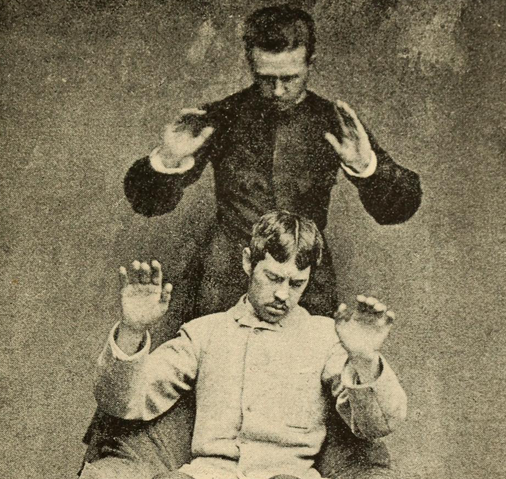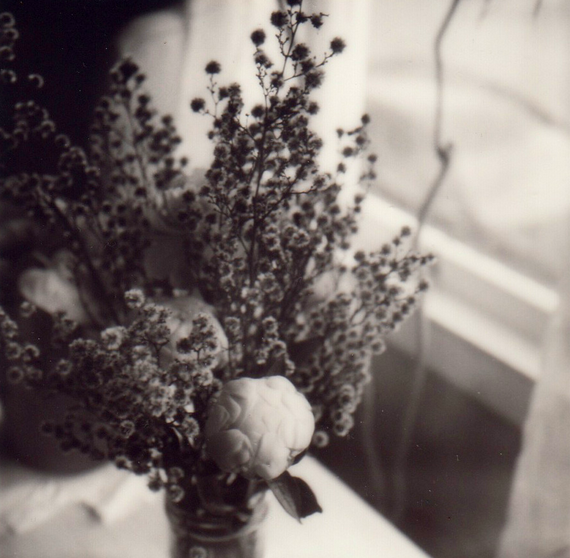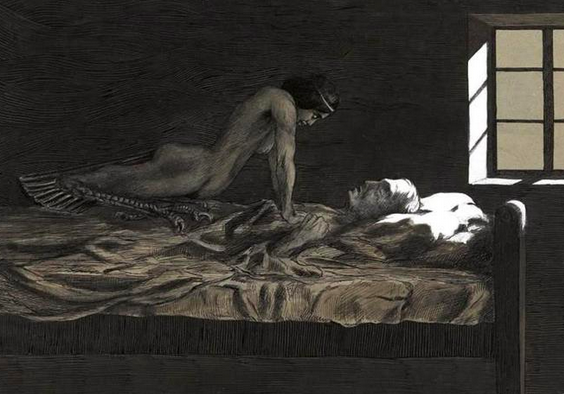Beyond The Veil — 19th Century Invisible Worlds
A 19th century exploration into “forces unrecognized by our senses” —

Detail from a depiction of thought-transference, the man behind dictating the movement of the other, from Magnetismus und Hypnotismus (1895) by Gustav Wilhelm Gessmann
From The Public Domain Review,
Worlds Without End
“At the end of the 19th century, inspired by radical advances in technology, physicists asserted the reality of invisible worlds — an idea through which they sought to address not only psychic phenomena such as telepathy, but also spiritual questions around the soul and immortality. Philip Ball explores this fascinating history, and how in this turn to the unseen in the face of mystery there exists a parallel to quantum physics today.
William Barrett was puzzled by flames. As the young assistant of the eminent John Tyndall at the Royal Institution in London in the 1860s, he noticed that flames seemed to be sensitive to high-pitched sounds. They would become flattened and crescent-shaped, as Barrett put it, like a “sensitive, nervous person uneasily starting and twitching at every little noise”. He was convinced that this “unseen connection” was mediated by some immaterial intangible influence — it was, he admitted, an effect “more appropriate for a conjuror’s stage than a scientific lecture table”.
Certain people, Barrett decided, were analogues of the sensitive flame, exquisitely attuned to vibrations that others could not perceive, to “forces unrecognized by our senses”. He considered these persons able to receive messages from super-normal spirit-beings existing in an intermediate state between the physical and the spiritual — a phenomenon that might account for telepathy…”
For the rest, click here.
Share


